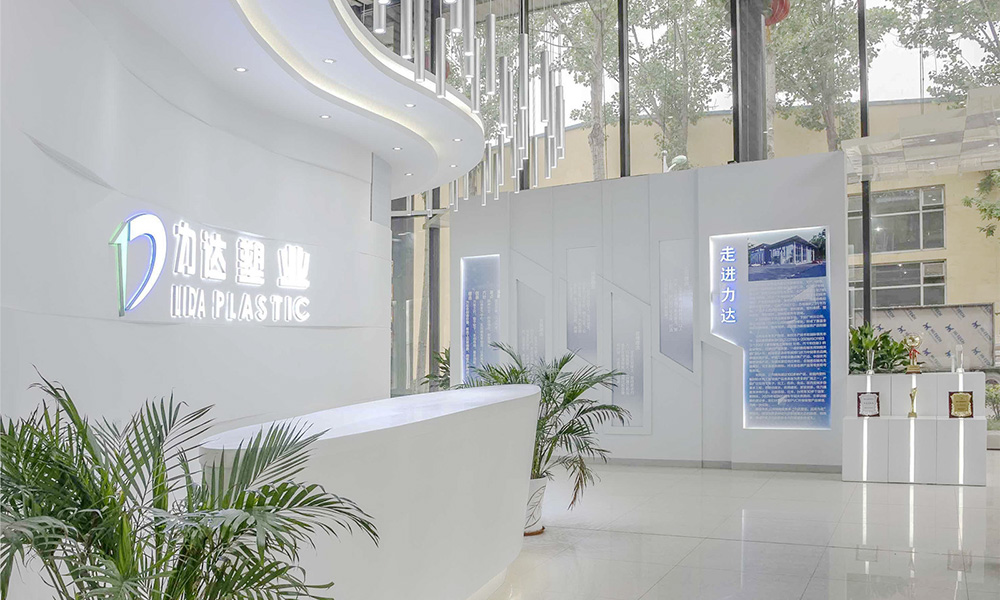Aug . 28, 2024 16:52 Back to list
polypropylene panel
Exploring the Benefits of Polypropylene Panels
Polypropylene panels have emerged as a versatile and innovative material used in a variety of applications, thanks to their unique properties and benefits. Made from thermoplastic polymer, polypropylene is known for its durability, lightweight nature, and resistance to chemicals, making it an ideal choice for industries ranging from construction to automotive and beyond.
One of the most significant advantages of polypropylene panels is their exceptional resistance to moisture and mold. This makes them particularly well-suited for environments such as kitchens, bathrooms, and basements, where humidity levels are often high. Unlike traditional materials like wood, which can warp or rot when exposed to moisture over time, polypropylene panels maintain their structural integrity, ensuring long-lasting performance in challenging conditions.
In addition to their moisture resistance, polypropylene panels are also highly resistant to chemicals and solvents. This property renders them an excellent choice for laboratories, pharmaceutical facilities, and industrial settings where exposure to harsh substances is common. The ability to withstand a range of chemicals without degradation ensures that polypropylene panels retain their functionality and appearance, contributing to the overall safety and efficiency of any operation.
polypropylene panel

Another notable feature of polypropylene panels is their lightweight nature, which simplifies handling and installation. This advantage can significantly reduce labor costs and project timelines, as workers can easily maneuver the panels without the need for specialized equipment. Furthermore, the ease of installation means that projects can often be completed faster, allowing businesses to minimize downtime and maximize productivity.
Polypropylene panels also offer excellent insulation properties, making them an energy-efficient choice for buildings. By preventing heat transfer, these panels contribute to a more comfortable indoor environment while reducing heating and cooling costs. The ability to lower energy consumption not only benefits businesses financially but also aligns with sustainability goals, promoting environmentally friendly practices.
Another important aspect to consider is the aesthetic versatility of polypropylene panels. Available in various colors, patterns, and finishes, they can be easily customized to suit different design preferences and settings. Whether used for wall coverings, partitions, or decorative elements, polypropylene panels can enhance the visual appeal of any space while providing functional benefits.
In conclusion, polypropylene panels are an outstanding material choice for diverse applications due to their resilience, lightweight nature, and aesthetic versatility. Their ability to resist moisture, chemicals, and extreme environmental conditions ensures long-term performance and reliability, making them a smart investment for both commercial and residential projects. As industries continue to prioritize sustainability and efficiency, the use of polypropylene panels is likely to grow, solidifying their role as a critical component in modern construction and design.
-
High-Quality PPR Pipes and Fittings Durable ERA PPR & PVC PPR Solutions
NewsJul.08,2025
-
Black HDPE Cutting Board - Durable, Non-Porous & Food Safe HDPE Plastic Cutting Board
NewsJul.08,2025
-
High-Quality CPVC Panel Durable HDPE & PVC Panels Supplier
NewsJul.08,2025
-
Double PE Welding Rod Supplier - High Strength, Durable & Versatile Welding Solutions
NewsJul.07,2025
-
High-Quality PVC-O Pipe Supplier Durable 75mm PVC Pipe & Connections Leading PVC Pipe Company
NewsJul.07,2025
-
HDPE Drainage Pipe Supplier – Durable & Corrosion-Resistant Solutions
NewsJul.06,2025

